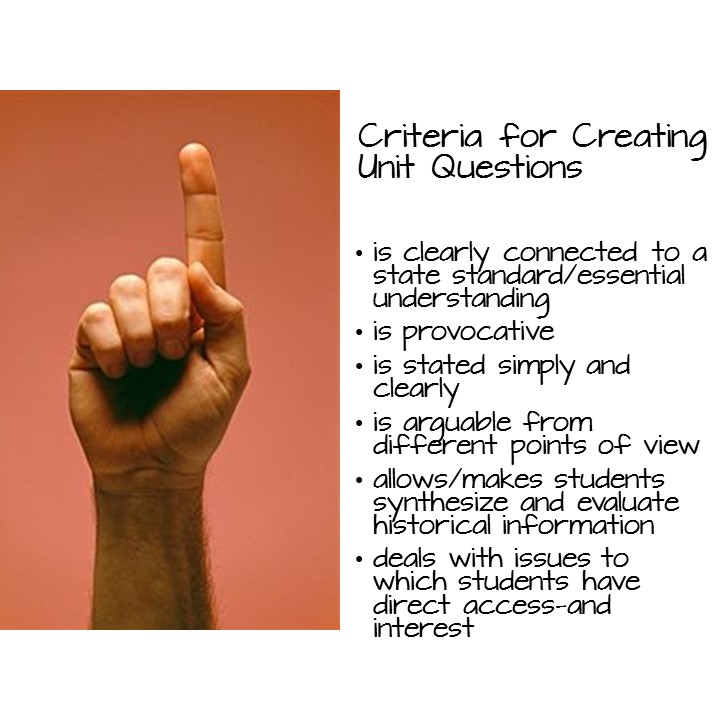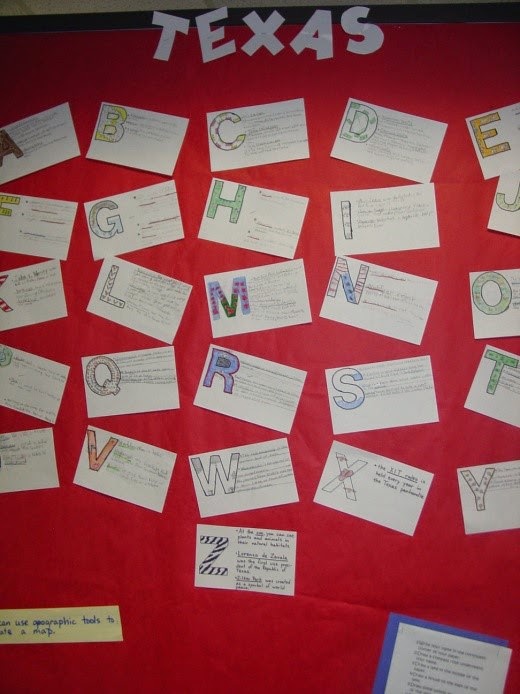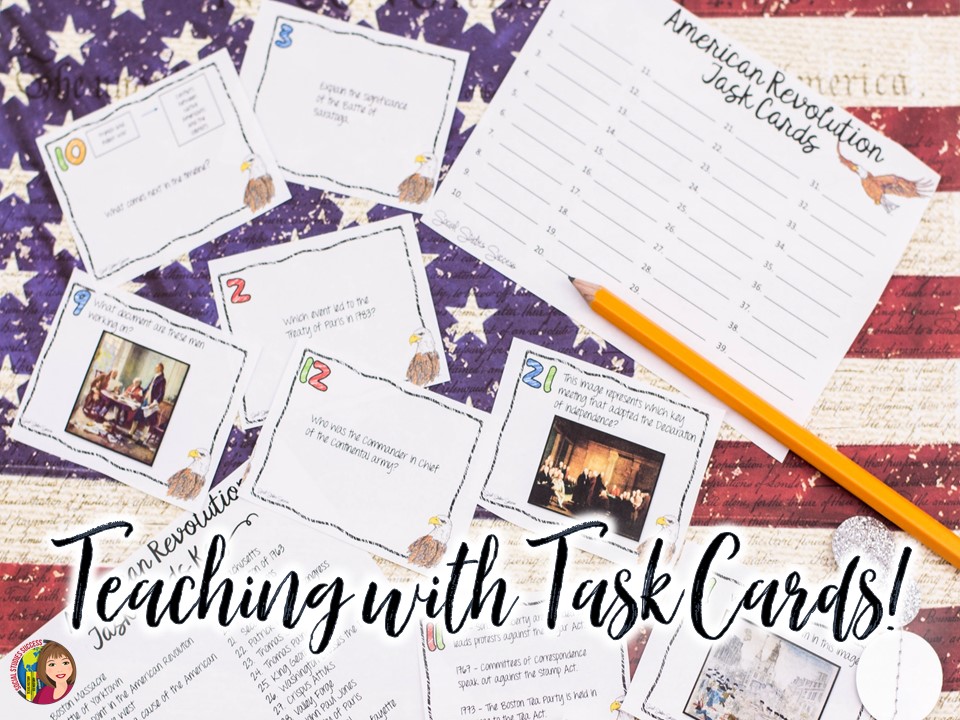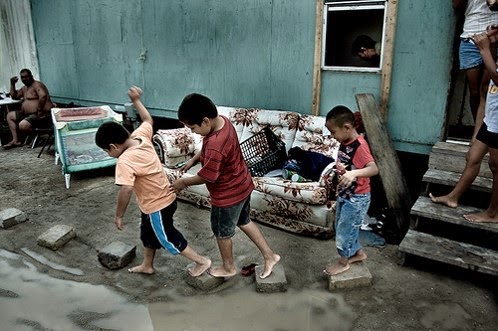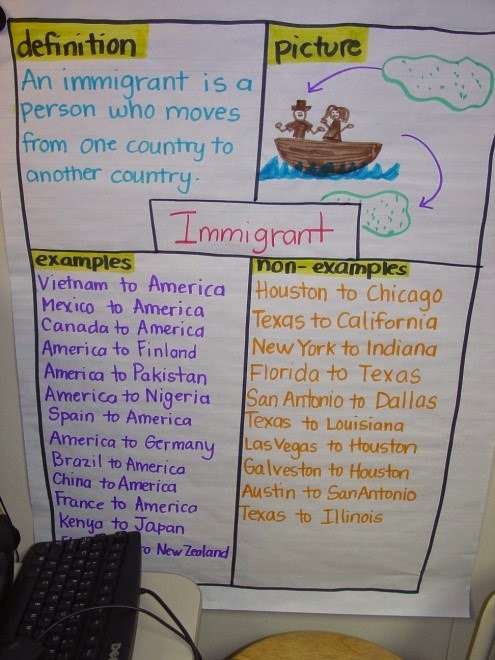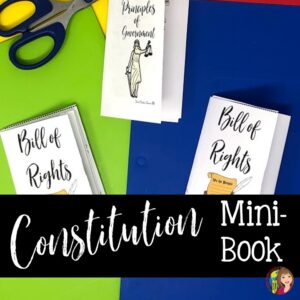If you are not familiar with Understanding by Design – spend some time getting to know this educational theory! (You can find more information here.) I think it is so applicable to the discipline of Social Studies. As history teachers, we have a tendency to throw facts at our students without allowing them the opportunity to understand the “why” behind these facts. Rather than summarizing the content and presenting it to them in a lecture, we should spend more time crafting truly essential questions that guide them through the discovery of history for themselves. How does history connect to their everyday lives? Why do they need to know the accomplishments of the Greeks and Romans? Why do they need to care about the spread of the Bubonic plague?
As you think about your unit of instruction, start by brainstorming all of the different topics that are covered in the lesson. What ties them all together? Narrow your content down to the concept level? Why are these topics important? What can they teach us about ourselves or others? Here are a few examples of the concepts for history:
Belief Systems
means an established orderly way that groups or individuals look at religious faith or philosophical tenets.
Change
involves the basic alterations in things, events, and ideas.
Conflict
is a clash of ideas, interests, or wills that result from incompatible opposing forces.
Choice
means the right or power to select from a range of alternatives.
Culture
means the patterns of human behavior that includes ideas, beliefs, values, artifacts, and, ways of making a living which any society transmits to succeeding generations to meet its fundamental needs.
Diversity
means understanding and respecting others and oneself including similarities and differences in language, gender, socioeconomic class, religion, and other human characteristics and traits.
Once you have identified your concept, you can start crafting your essential question. Follow these guidelines as you craft your unit question:
Once your unit question has been developed you can plan the rest of your lessons for the unit. You should be teaching to the answer for that unit question. Provide opportunities for your students to explore the question from multiple points of view. Post the unit question around your room. Assess at the end of the unit based on that question. This will provide your students a deeper understanding of history that we are all seeking as Social Studies teachers.

